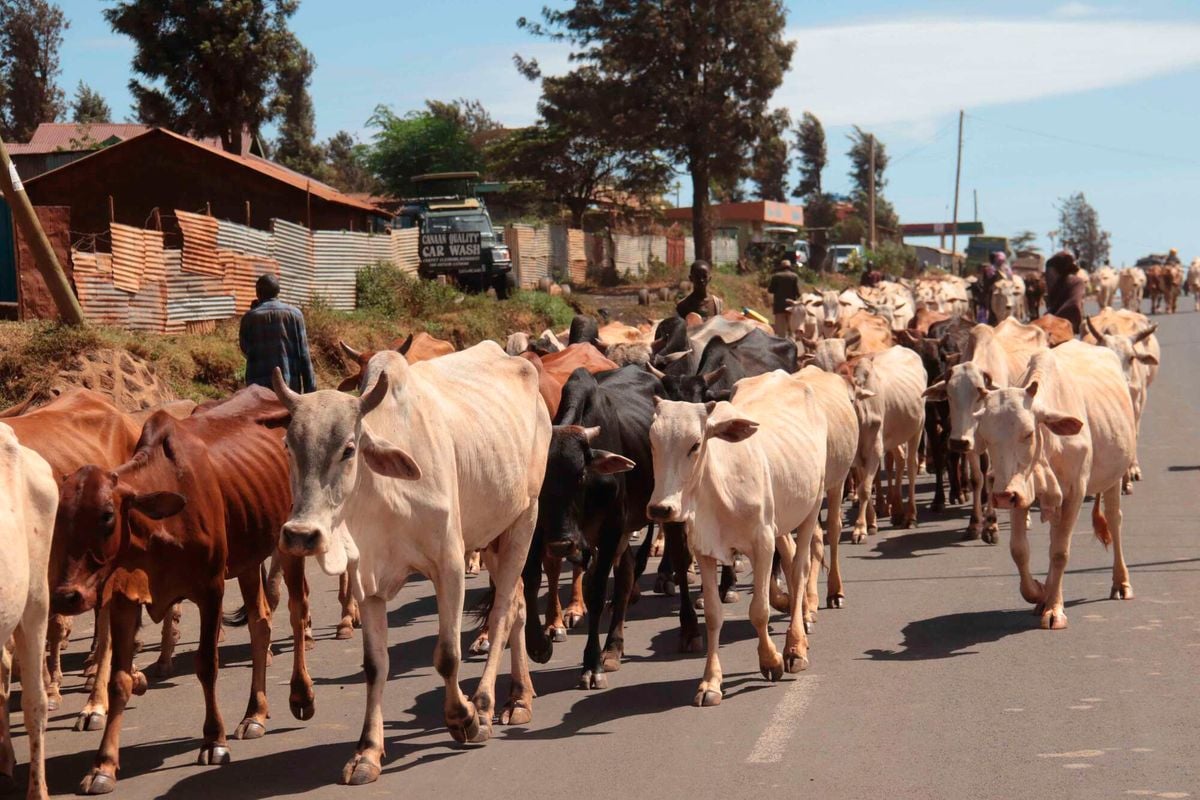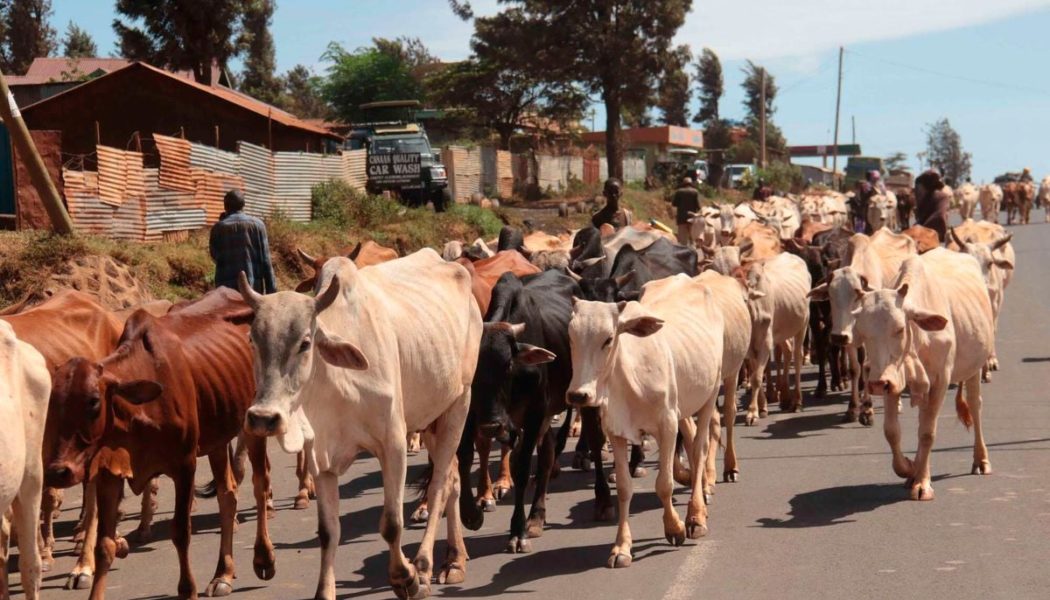
In early August this year, a senior official at the Ministry of Agriculture and Livestock Development waxed lyrical on Twitter/X about the alpha life changing to omega, mind-blowing effects of the Livestock Bill 2024 that had recently been tabled in Parliament.
Like any small-scale livestock farmer, I had heard the alarming rumours about the Bill. From we were going to pay for every head of livestock that we owned, to we would be required to get our animals to sit for Grade 6 assessment tests before we dared to sell them.
My curiosity was thus piqued when I saw the senior official tweet on X after the Bill was withdrawn from Parliament for lack of public participation.
Well, I reached out on X to the senior official asking if the rumours about paying for each livestock head were true. Or rather, I reached out to the person handling his account as important fellows never quite handle the accounts themselves.
He or She or They didn’t respond.
After a not-so-gentle nudge, He or She or They responded. “Hi Carol, thanks for the concern, I plead with all our good farmers to read the bill, and help in relaying factual information about it and correcting where others misinform the public. We are rolling out a robust public participation soon to address all the concerns.”
In other words, stop yapping around this X goat pen and go get your facts straight. Well I did.
I have read the 83 pages of the Livestock Bill from its bland green coloured cover to cover. And over the next couple of weeks I am going to bore you with the exquisitely fascinating details. So either tether yourself to a fence post as you read or keep Johnny walking.
First the good news. At no point is our benevolent government coming after our sheep, goats, pigs, cows, chickens or camels.
The bees, however, may not be so lucky.
The second piece of good news is that the Bill seeks to protect our livestock and pets in that it strives to regulate the animal feed manufacturing sector by licensing feed manufacturers. A friend of mine who keeps dogs was recently shocked when his vet told him that his sickly dog was slowly being poisoned by the factory-manufactured dog feed.
It turned out that the vet had many clients whose dogs had died from eating the aflatoxin laden feed. Imagine this story replicated at a larger scale from all the dog owners who had purchased that feed from a mainstream shop. Farmers can find their flocks wiped out from an unscrupulous feed manufacturer who is better suited to dine with rats in the darkest corner of Kamiti.
But back to the good news.
The bill provides for the creation of seven, yes seven, State agencies in the area of livestock. At least that’s what it looks like on the face of it. The truth of the matter is that the bill is just shifting deck chairs on the Titanic.
The seven agencies are simply a hybrid mix of existing ones. Some had previously been created by Executive order during the Kibaki administration rather than through a discrete Act of Parliament.
Try saying this example quickly with 2 cubes of ice in your mouth: Kenya Tsetse and Trypanosomiasis Eradication Council. Another is the Kenya Leather Development Authority that identifies as a Council currently but will magically transform into an Authority by the power vested in the bill.
Or the Livestock Inputs and Products Regulatory Authority that is set to become the artist formerly known as the National Livestock Development and Promotion Service.
Others are agencies that are being carved off the Veterinary Surgeons and Veterinary Para-Professionals Act, an existing act of Parliament, whose section 39 (2) (c to e) had created the Kenya Livestock Research Institute, Kenya Veterinary Vaccines Institute, and the Kenya Animal Genetic Resource Centre. These three agencies are now being moved to fall within the purview of the State Department of Livestock.
Our nannies over in Washington, who are constantly wringing their hands at our profligacy, have asked us in no uncertain terms to reduce the number of State agencies that are a drain on our national resources.
Each agency has a management team, offices, staff, a board of directors and a whole slew of suppliers quaffing their way through the budget wastage trough.
Many of these agencies can be departments within one large livestock State agency. But that would be too efficient, right? Plus why would anyone in their right mind voluntarily remove their power to whimsically appoint board members and have unfettered influence over organisational budgets?
More on this delightful piece of fiefdom building legislation next week.









